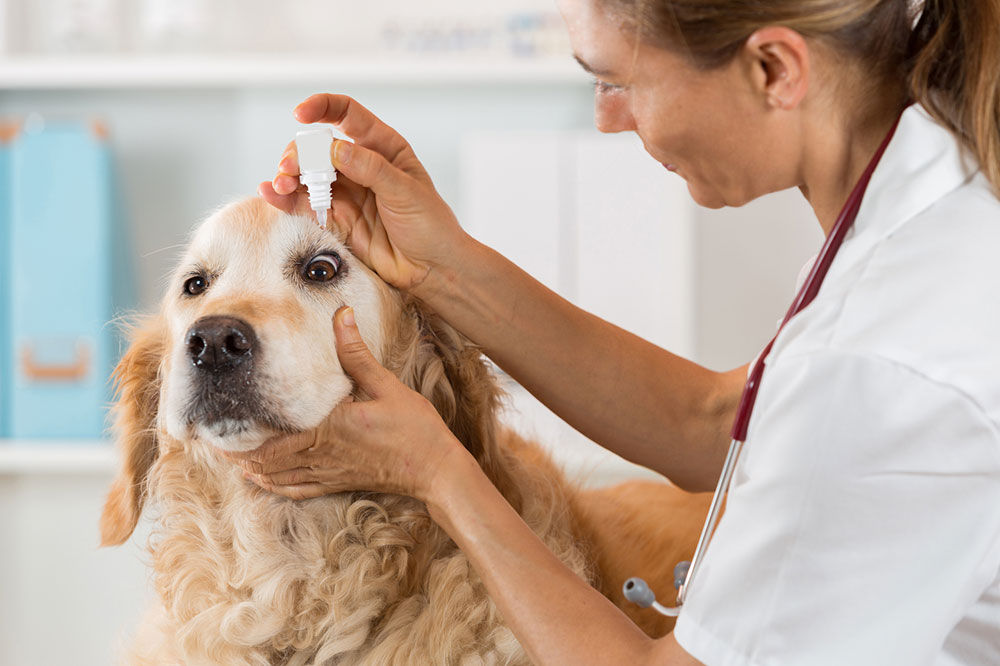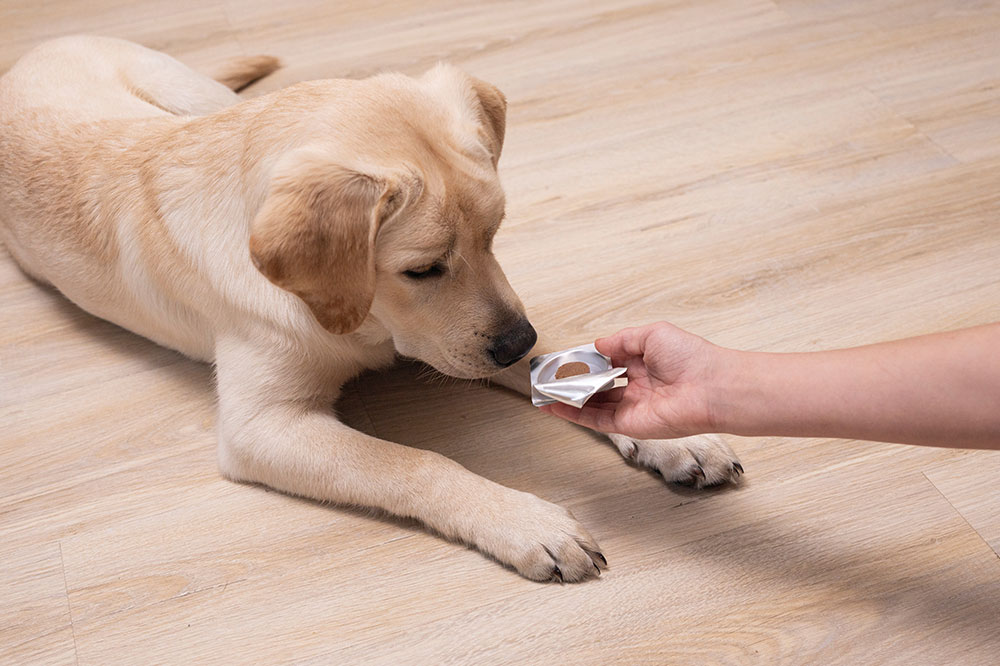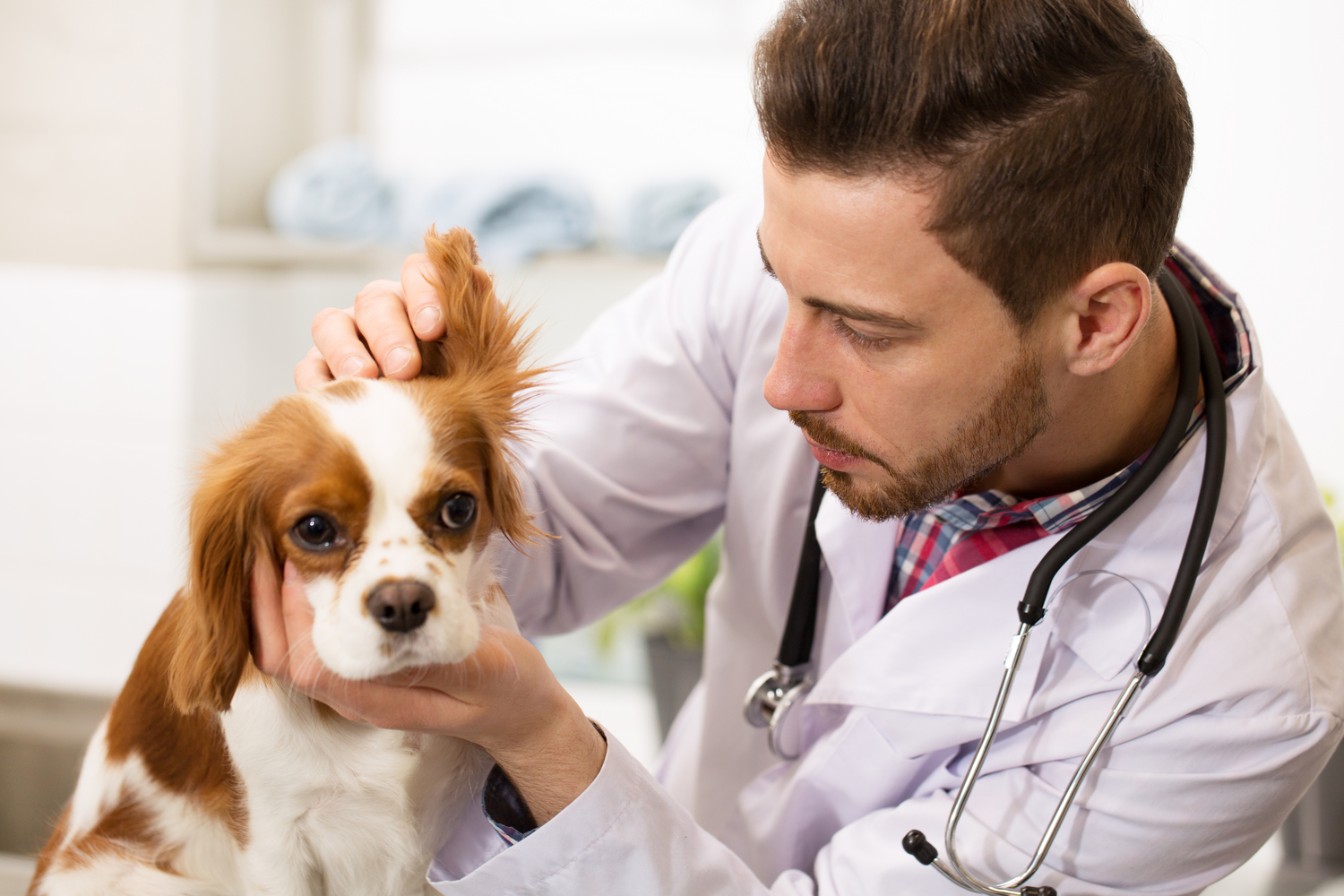Allergy Issues in Pets: Common Causes and Effective Treatments
Discover common pet allergies, their causes, symptoms, and effective treatment options. This comprehensive guide helps pet owners diagnose and manage allergies in dogs, cats, rabbits, and birds, ensuring the comfort and health of their furry friends through proper care and veterinary support.

Understanding Pet Allergies: Causes and Solutions
Allergic reactions are not exclusive to humans; our pets can also develop allergies triggered by various factors like diet, environmental elements, and insect bites. Common symptoms include itching, redness, and skin discomfort. These allergic responses can lead to infections and inflammation, making your pet uncomfortable. Fortunately, tailored treatments based on your pet’s specific condition can alleviate these issues and promote better health.
Allergies in Dogs
Skin allergies are prevalent in dogs, often caused by foods, environmental factors, or flea bites. Proper diagnosis and management can significantly reduce their symptoms.
Common Causes
Dietary Sensitivities
Itching around ears and paws may suggest food allergies. Adjusting your pet’s diet under veterinary guidance can help resolve these reactions.
Environmental Triggers
Dust and pollen can cause seasonal allergies, particularly affecting paws and ear areas.
Flea Allergy Dermatitis
Flea bites often lead to intense itching and skin infections.
Recognizing Symptoms
Indicators like persistent ear infections, facial swelling, hives, vomiting, diarrhea, excessive licking, or watery eyes signal allergic reactions. Addressing these promptly with a vet’s advice is crucial.
Diagnosis typically involves allergy testing, such as small skin injections of suspected allergens. Treatment strategies include:
Avoidance
Steering clear of allergens, such as walking on paved paths instead of grass, can reduce exposure.
Medications
Supplementing with omega-3 fatty acids enhances skin resilience and reduces inflammation.
Antihistamines
Help manage symptoms but should be used under veterinary supervision.
If secondary infections occur, antibiotics or steroids might be prescribed, bearing in mind potential side effects.
Allergies in Cats
Cats also face allergy issues caused by food, fleas, household chemicals, and plastic items. Recognizing symptoms such as sneezing, itching, swollen paws, or gastrointestinal upset is vital for timely intervention.
Diet modifications, natural cleaning products, and proper flea control are key treatment approaches.
Pet allergies in Rabbits
Household chemicals, strong-smelling products, dust, and fleas are common allergens for rabbits. Symptoms include skin changes, sneezing, eye inflammation, and itching. Treating these involves eliminating irritants, switching to natural cleaning options, and maintaining a clean, well-ventilated environment.
Allergy Management in Birds
Birds are sensitive creatures prone to allergies from standing water, pollen, mold, and household chemicals. Signs include nasal discharge, wheezing, or vomiting. A veterinarian’s assessment and treatments like antihistamines or special diets are essential for relief. Keeping their environment clean and free of potential allergens is crucial.
Conclusion
Monitoring your pet for allergy symptoms, understanding their causes, and seeking professional veterinary care ensures their comfort and health. Early detection and tailored treatments help your furry friends live happier, healthier lives.










